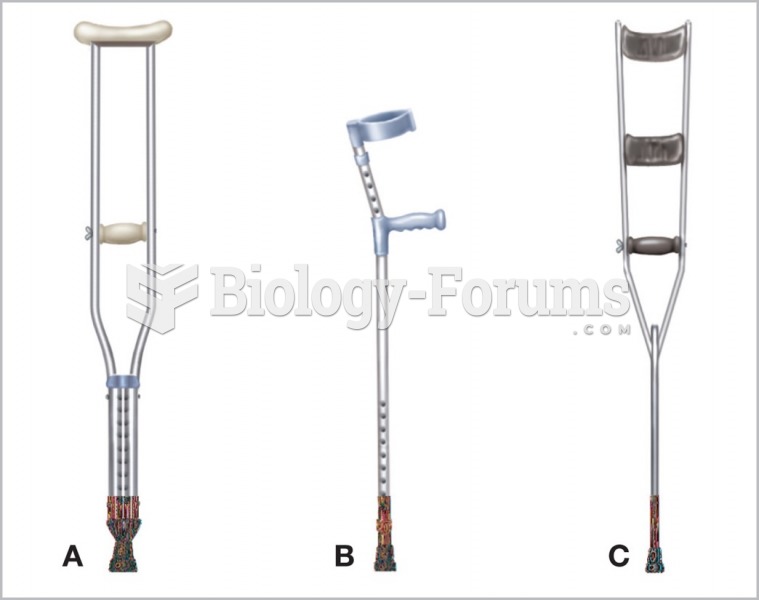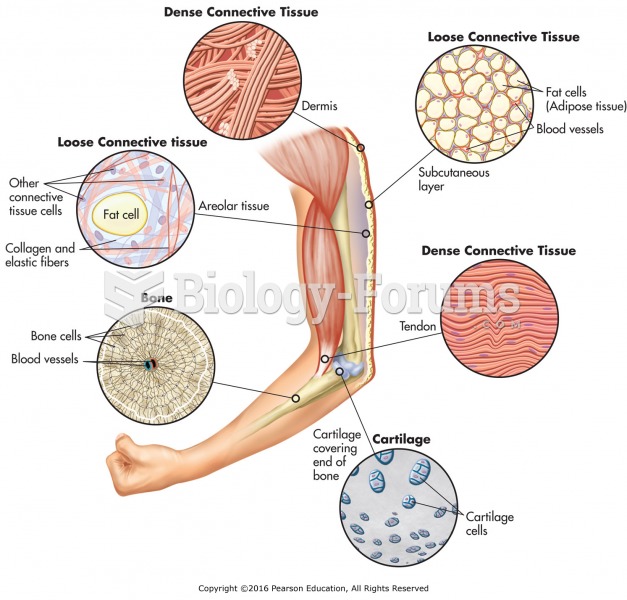|
|
|
Drug abusers experience the following scenario: The pleasure given by their drug (or drugs) of choice is so strong that it is difficult to eradicate even after years of staying away from the substances involved. Certain triggers may cause a drug abuser to relapse. Research shows that long-term drug abuse results in significant changes in brain function that persist long after an individual stops using drugs. It is most important to realize that the same is true of not just illegal substances but alcohol and tobacco as well.
A headache when you wake up in the morning is indicative of sinusitis. Other symptoms of sinusitis can include fever, weakness, tiredness, a cough that may be more severe at night, and a runny nose or nasal congestion.
Autoimmune diseases occur when the immune system destroys its own healthy tissues. When this occurs, white blood cells cannot distinguish between pathogens and normal cells.
More than 2,500 barbiturates have been synthesized. At the height of their popularity, about 50 were marketed for human use.
All patients with hyperparathyroidism will develop osteoporosis. The parathyroid glands maintain blood calcium within the normal range. All patients with this disease will continue to lose calcium from their bones every day, and there is no way to prevent the development of osteoporosis as a result.
 Examples of four different types of cells from the body. Although each cell has a cell membrane, nuc
Examples of four different types of cells from the body. Although each cell has a cell membrane, nuc
 Three types of crutches: (A) axillary crutch; (B) Lofstrand or forearm crutch; (C) Canadian or elbow ...
Three types of crutches: (A) axillary crutch; (B) Lofstrand or forearm crutch; (C) Canadian or elbow ...





